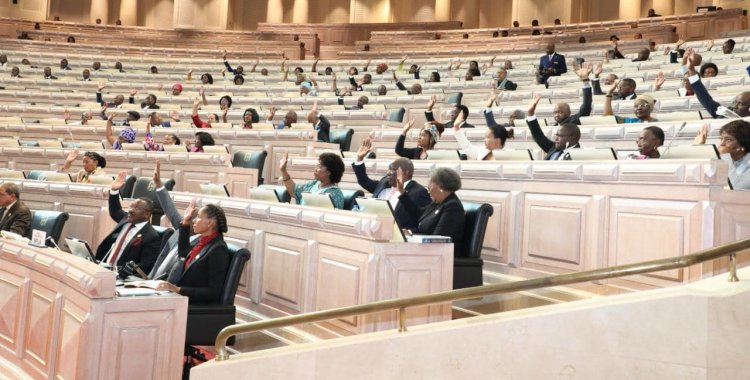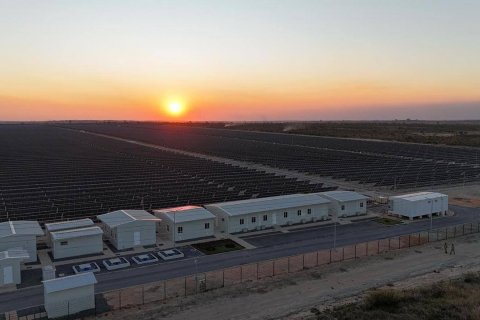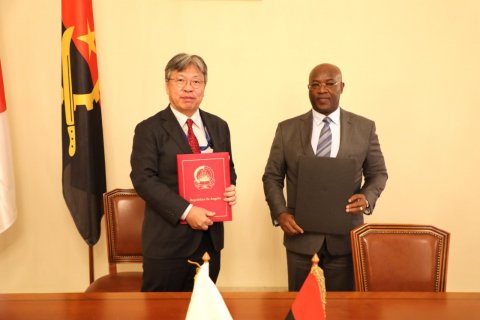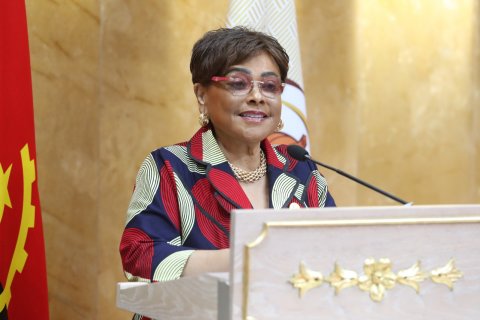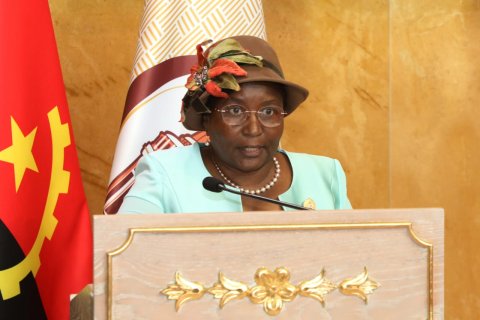Speaking to journalists at the National Assembly, after UNITA's requests regarding the general strike called by the trade unions were rejected, deputy Virgílio Tyova justified his vote against as he understood that the National Assembly cannot be interfering in a process that is under negotiations.
"We, as the National Assembly, are a sovereign body. And another sovereign body, which is the executive branch, is in negotiations with the unions and we should not introduce noise into this process", he argued, understanding, therefore, that the MPLA should not make the requests viable.
This Thursday, workers are completing the second day of a general strike called by the three trade unions, which have not reached an agreement with the Government on increases in the minimum wage and civil service.
The deputy highlighted that "the right to strike is not at stake, the unions' right to demand is not at stake, the right to increase wages is not at stake", but rather the unions' demand for a minimum wage value that it is "unaffordable for the national Treasury" and for the economy in general.
"This value is much higher than the country's capabilities to support it", he declared, stressing that it is not worth approving a national minimum wage value that the State is not in a position to satisfy.
"It's better to maintain this value or another that is defined in the negotiations than to increase to a salary that could have even worse consequences", he highlighted.
He therefore defended that the executive and the unions return to talks "to find a common denominator, a minimum wage compatible with the country's economy" without "unrealistic values".
"We will appeal to the executive and the unions to continue negotiating and find a balance", he stressed.
For UNITA, the general civil service strike, the first phase of which runs until Friday, "is a matter of relevant and urgent political interest", which is why it submitted a request that did not receive a favorable vote for discussion in the plenary.
UNITA understands that the Government's fiscal policy, embodied in the increase in taxes, introduction of Value Added Tax (VAT) and increase in Labor Income Tax (IRT) rates, an exchange rate policy that resulted in the sharp devaluation of the kwanza and a policy that aimed to abruptly remove fuel subsidies, "did not achieve the intended results".
"Which, far from contributing to the improvement of workers' living conditions, led to its worsening even further, as it resulted in a sharp reduction in income, concomitantly with a general increase in products in the basic basket", he pointed out.
The aforementioned situation "generated widespread discontent among the population in general and workers in particular, which gave rise to a broad movement of demands that culminated in the declaration of the first general workers' strike in Angola" called by three trade unions.
The UNITA parliamentary group considers that if the strike continues "it will have harmful consequences for citizens, the economy and the sustainable development of Angola".
The request submitted for discussion at this Thursday's plenary session was rejected with 69 votes in favor and 95 votes against.
The plenary of the National Assembly also refused to discuss UNITA's request for votes to welcome social consultation, which aimed to welcome and encourage trade union associations to continue with determination the fight to defend the rights and interests of workers.

